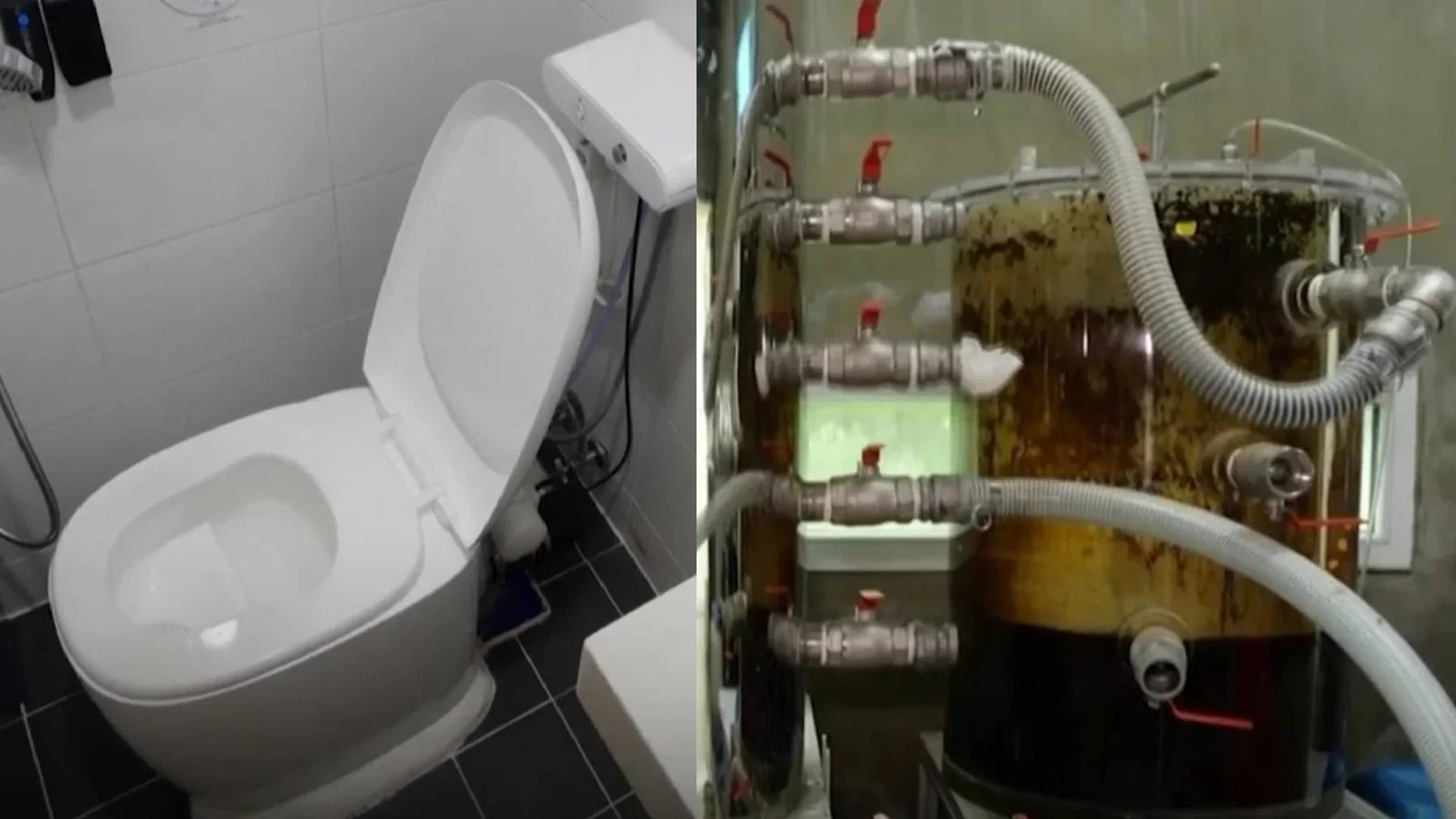News
Poop Power: A Sustainable Future

By Shane Marrs
In a groundbreaking move towards sustainable living, a university in South Korea is harnessing the power of human waste to fuel its campus. The BeeVi toilet, a revolutionary eco-friendly design by Professor Cho Jae-weon, transforms excrement into valuable resources like biogas and manure.
How Does It Work?
The BeeVi toilet operates on a vacuum system, significantly reducing water usage. The collected waste is then processed by microorganisms, breaking it down into methane gas. This methane can be used to power various appliances on campus, including stoves, water heaters, and even fuel cell systems.
Biogas Production: A Closer Look
Biogas production from human waste is a well-established technology with significant potential for sustainable energy generation. The process involves anaerobic digestion, where microorganisms break down organic matter in the absence of oxygen, producing biogas, which is primarily composed of methane and carbon dioxide.
Methane is a potent greenhouse gas, but when captured and used as a fuel, it can displace fossil fuels, reducing overall greenhouse gas emissions. Additionally, the digestate produced as a byproduct of biogas production can be used as a nutrient-rich fertilizer, further reducing the need for chemical fertilizers.
The BeeVi toilet's innovative design and efficient biogas production process make it a promising model for sustainable sanitation and energy generation. By scaling up this technology, we could truly harness the power of human waste to address global energy and environmental challenges.
A Virtual Currency for a Sustainable Future
To incentivize the use of the eco-friendly toilets, Professor Cho introduced a virtual currency called Ggool. Each user earns 10 Ggool per day, which can be redeemed for various goods and services on campus, from coffee to books. This innovative approach not only promotes sustainable practices but also rewards individuals for their contribution to a cleaner environment.
The Potential for Global Impact
The success of the BeeVi toilet and Ggool system demonstrates the immense potential of human waste as a valuable resource. By adopting similar technologies, cities and communities around the world can reduce their carbon footprint, conserve water, and generate clean energy. This could lead to significant environmental benefits, including reduced greenhouse gas emissions and improved air quality.
As we continue to face pressing environmental challenges, it is crucial to explore innovative solutions that harness the power of nature. The BeeVi toilet is a testament to the ingenuity of human innovation and a hopeful sign for a more sustainable future.


